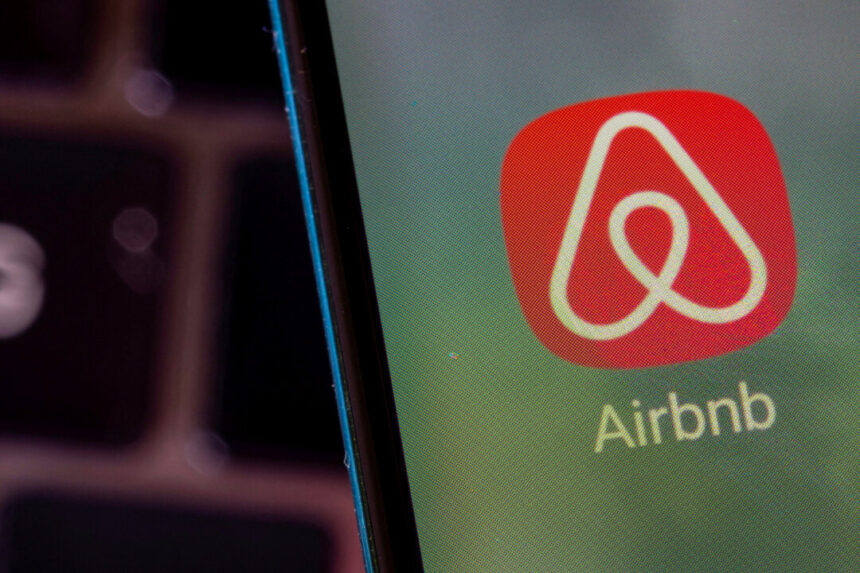Victoria has made history by introducing a levy on short-stay bookings through platforms like Airbnb and Stayz, becoming the first Australian jurisdiction to do so.
The statewide short-stay levy, a first for Australia, is set to commence on Jan. 1, 2025, following the approval of the reforms by the state parliament’s upper house on Oct. 17.
As part of the controversial reforms, users will face an additional 7.5 percent charge on Airbnb and Stayz bookings across Victoria.
Exceptions to this levy include individuals leasing out part or all of their primary residence for short stays, as well as hotels, motels, and caravan parks.
Owner corporations will have the authority to prohibit short-stay accommodations in their buildings with a 75 percent majority vote, and the levy is limited to stays of fewer than 28 days.
Efforts to extend exemptions to vulnerable groups such as disabled individuals and those escaping family violence were rejected during the bill’s amendment process.
With a final vote of 21 to 15 in favor, Attorney-General Jaclyn Symes defended the government’s opposition to the amendments, citing concerns about administrative feasibility.
Shadow Treasurer Brad Rowswell criticized this stance, arguing against imposing taxes on vulnerable Victorians due to administrative challenges.
Despite owning a short-stay property in Halls Gap, Rowswell maintained that he had fully disclosed this information and emphasized that the levy targets users of short-stay accommodations, not the property owners themselves.
In late August, the bill’s passage through the upper house was secured when Labor announced that local councils would retain authority to regulate short-stay providers, a move that garnered support from the Greens.
This decision allows councils to impose their own charges, mandate permits, or set limits on the number of nights a property can be rented for short-stay purposes.
The introduction of the levy, announced in the Victorian government’s housing statement in 2023 by then-premier Daniel Andrews, aims to streamline regulations and eliminate local councils’ ability to impose fees.
Projections suggest that the levy will generate approximately $60 million (US$40.3 million) annually for social and affordable housing initiatives.
If successful in the 2026 state election, the Victorian opposition has pledged to repeal the levy.





